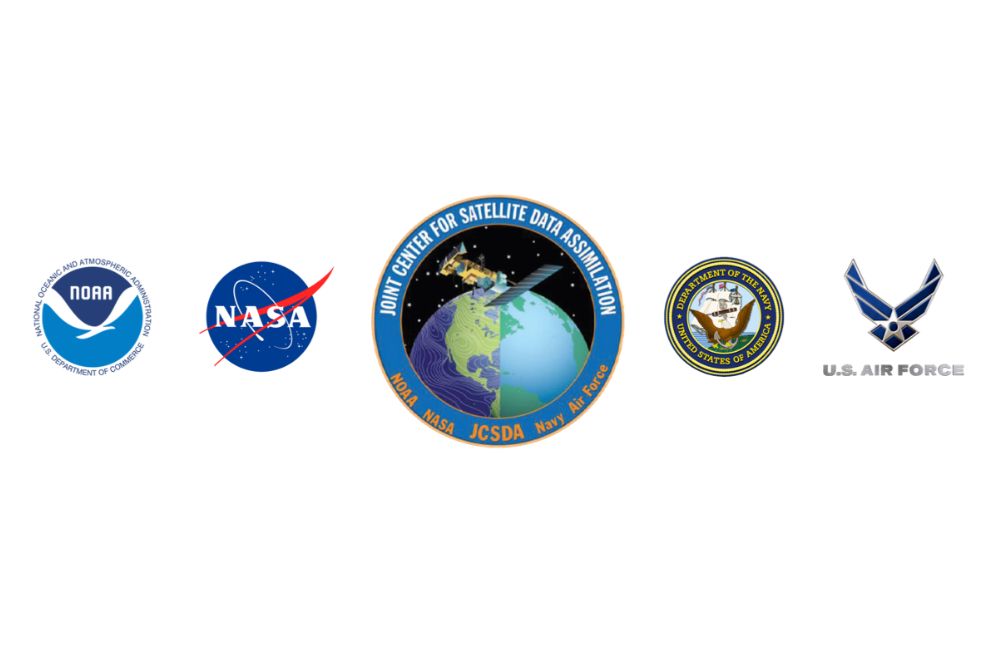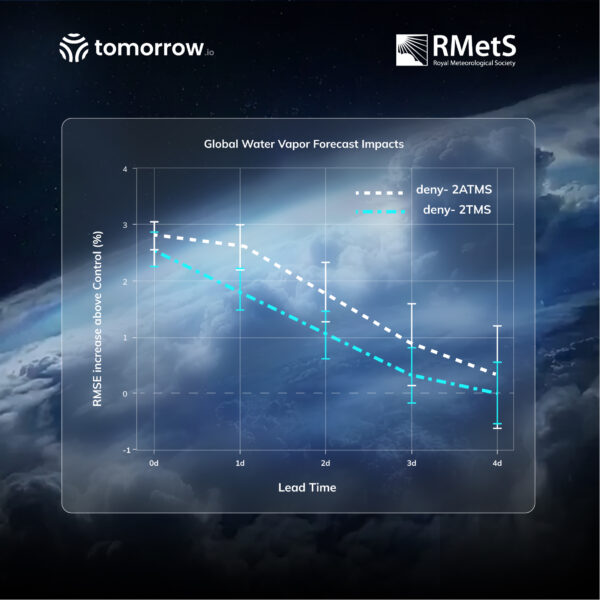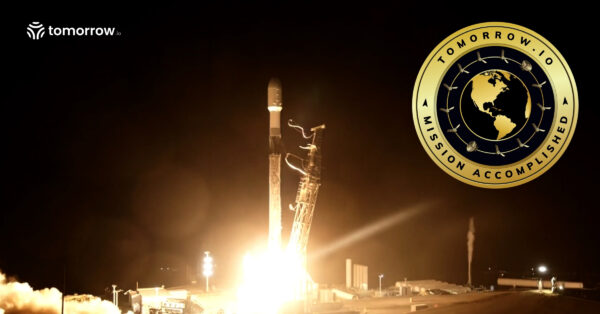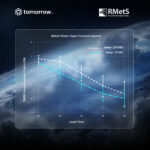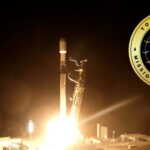JCSDA analysis shows consistent forecast improvements using Tomorrow.io’s microwave sounders across all key weather parameters and global regions.
BOSTON, MA – July 17, 2025 – A new independent analysis has confirmed the substantial global impact of Tomorrow.io’s space-based weather data. The Joint Center for Satellite Data Assimilation (JCSDA), a U.S. government-funded interagency center supported by NOAA, NASA, the U.S. Air Force, and the U.S. Navy, conducted a six-month evaluation of data from Tomorrow.io’s first four microwave sounders (TMS S1–S4).
The results were unambiguous: integrating Tomorrow.io’s data significantly improved forecast accuracy for temperature, water vapor, and wind across all atmospheric levels — from the surface through the stratosphere — and across diverse regions, including the tropics. Assimilation was shown to be stable, repeatable, and effective throughout the testing period.
“What is obvious from these results is the overwhelming positive impact on the system due to the TMS data,” the report notes. “This across-the-board improvement is significant.”
The JCSDA study used the JEDI-MPAS modeling system, a next-generation numerical weather prediction framework. The project established an end-to-end pipeline for ingesting, decoding, and assimilating Tomorrow.io’s microwave sounder observations — validating their utility for operational use by the U.S. Air Force and allied partners using JEDI-based systems.
The effort confirms both the scientific value and operational readiness of Tomorrow.io’s commercial weather satellite constellation. In an era where legacy government-owned satellite constellations are aging or being retired, this study underscores the importance of agile, commercial partnerships in delivering next-generation climate resilience.
About JCSDA:
The Joint Center for Satellite Data Assimilation is a U.S. interagency research collaboration focused on improving environmental prediction by advancing the use of satellite observations. JCSDA is funded and supported by NOAA, NASA, the U.S. Air Force, and the U.S. Navy.
About Tomorrow.io:
Tomorrow.io is the world’s leading weather and climate security platform, pioneering the deployment of commercial weather satellites and AI-driven forecasting systems to power global decision-making across government, defense, aviation, agriculture, and more.
To request the full JCSDA evaluation report, contact: [email protected]
